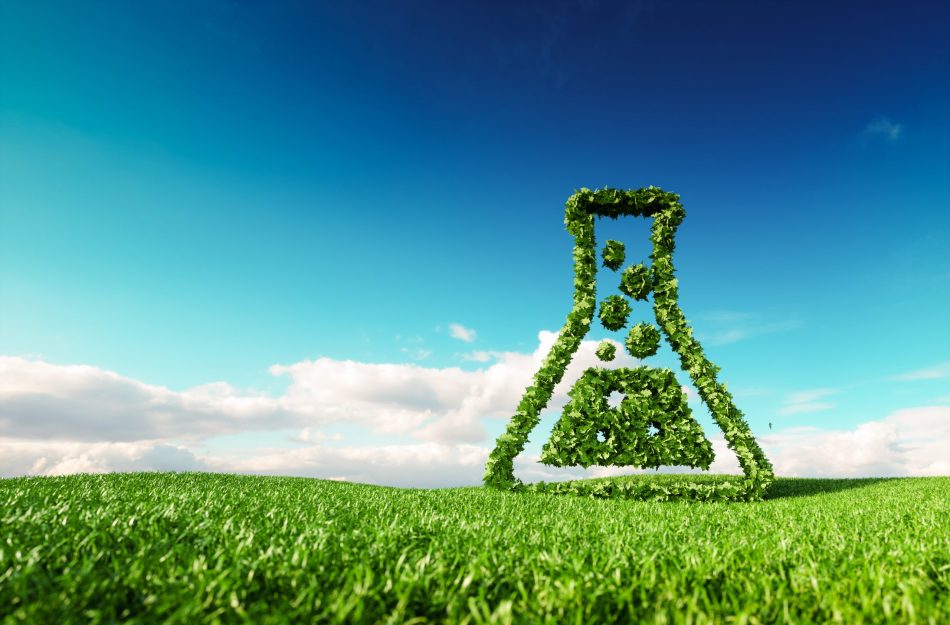Oceans
From tackling marine plastic pollution to coral reef restoration, learn about humanity’s latest efforts to protect ocean habitats and marine wildlife.

Spirulina-based smoked salmon looks feels and tastes like the real deal
Do you love smoked salmon but have qualms with the netting of wild fish or the questionable practices of fish farming? Well, soon, you won’t have to compromise your environmental and ethical values to satisfy your smoked salmon craving. Israeli startup SimpliiGood and IFF-Dupont are working on Read More...

Denmark to build the world’s first wind energy island
Back in 1991, Denmark cut the ribbon to the world’s first offshore wind farm — marking a new milestone in the transition towards cleaner energy sources. Now, the country plans to further expand its green energy potential by building the world’s first energy island in the North Read More...

This Louisiana startup turns glass into sand and increases climate resiliency
There is seemingly no end to the variety and ingenuity scientists and researchers have when it comes to recycling. They have taken plastic waste and treated it to absorb CO2. They have taken human waste and turned it into viable renewable energy. Louisiana startup Glass Half Full is turning Read More...

If we want to save coral reefs, nations must collaborate to protect them
If left unchecked, the effects of climate change and pollution could erode around 70 to 90 percent of coral reef habitats. In response to this alarming news about how vulnerable these crucial marine habitats are, researchers around the world have focused a lot of their energy on coming up with Read More...

This floating neighborhood will protect residents from sea level rise
As urban population density is only expected to increase in the next few decades, coastal cities vulnerable to rising sea levels need to urgently adapt to these changes to safeguard the wellbeing of their residents. That’s exactly what the South Korean city of Busan is planning with the Read More...

Captain Fanplastic teaches young pirates about plastic pollution
“Why do you think pirates are called pirates? Because they ‘aRRRRRe!’” This is the joke that forms the basis of the “Captain Fanplastic” initiative—a primary school program aimed at teaching young children in South Africa and the Netherlands about plastic waste and the “R’s” Read More...

Wild Motherhood: Meet some of the coolest mothers in the animal kingdom
Happy Mother’s Day 2022! They care for us, teach us, and shape our relationship with each other and with the world. For better or worse, each of us owes a lot of who we are to our moms! And as much as we all love to celebrate motherhood on this holiday, there is one mother that is ever-present Read More...

Whales' "grumbles" give a glimpse into their lives
The sea is still largely unexplored and not understood, with a recent study revealing that two-thirds of seafloor life is waiting to be discovered. Even the species that are well studied are still shrouded in mystery and there is lots of work to be done in understanding sea life biology, migration Read More...

The EU is going on a cleanse with the world’s biggest chemical ban
From what we now know, the fact that something is convenient doesn’t at all mean it’s safe. Chemical pollution from everyday products is considered responsible for a host of problems from the endangerment of marine life to declining human fertility rates and many other health Read More...

New jellyfish species named after Monterey Bay Aquarium volunteer
As we explore further into space, we also discover new oddities every day in our own waters. The National Oceanic and Atmospheric Administration (NOAA) says that more than 80 percent of the world’s oceans remain unmapped and undiscovered. Scientists estimate that 91 percent of ocean species have Read More...


